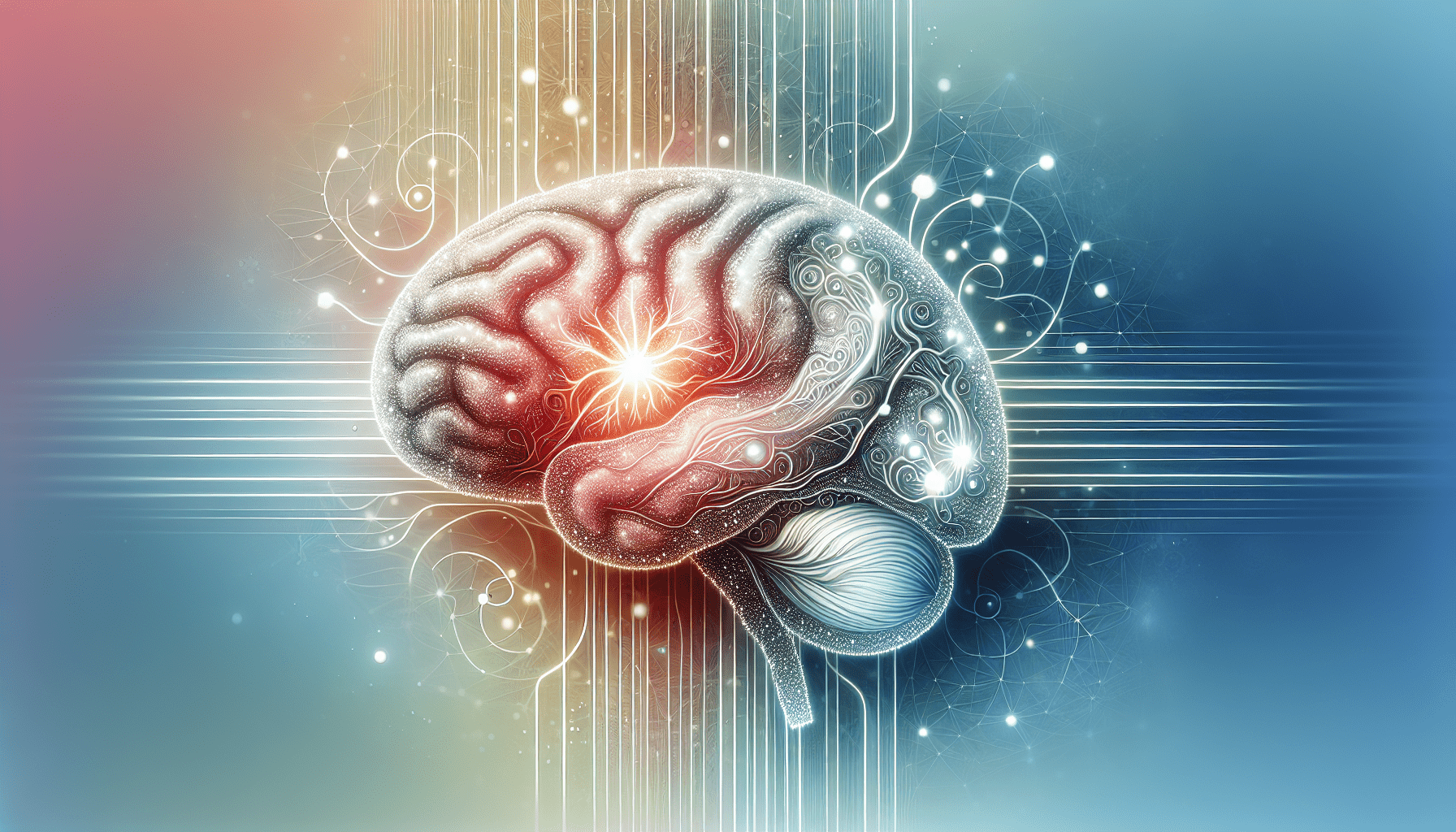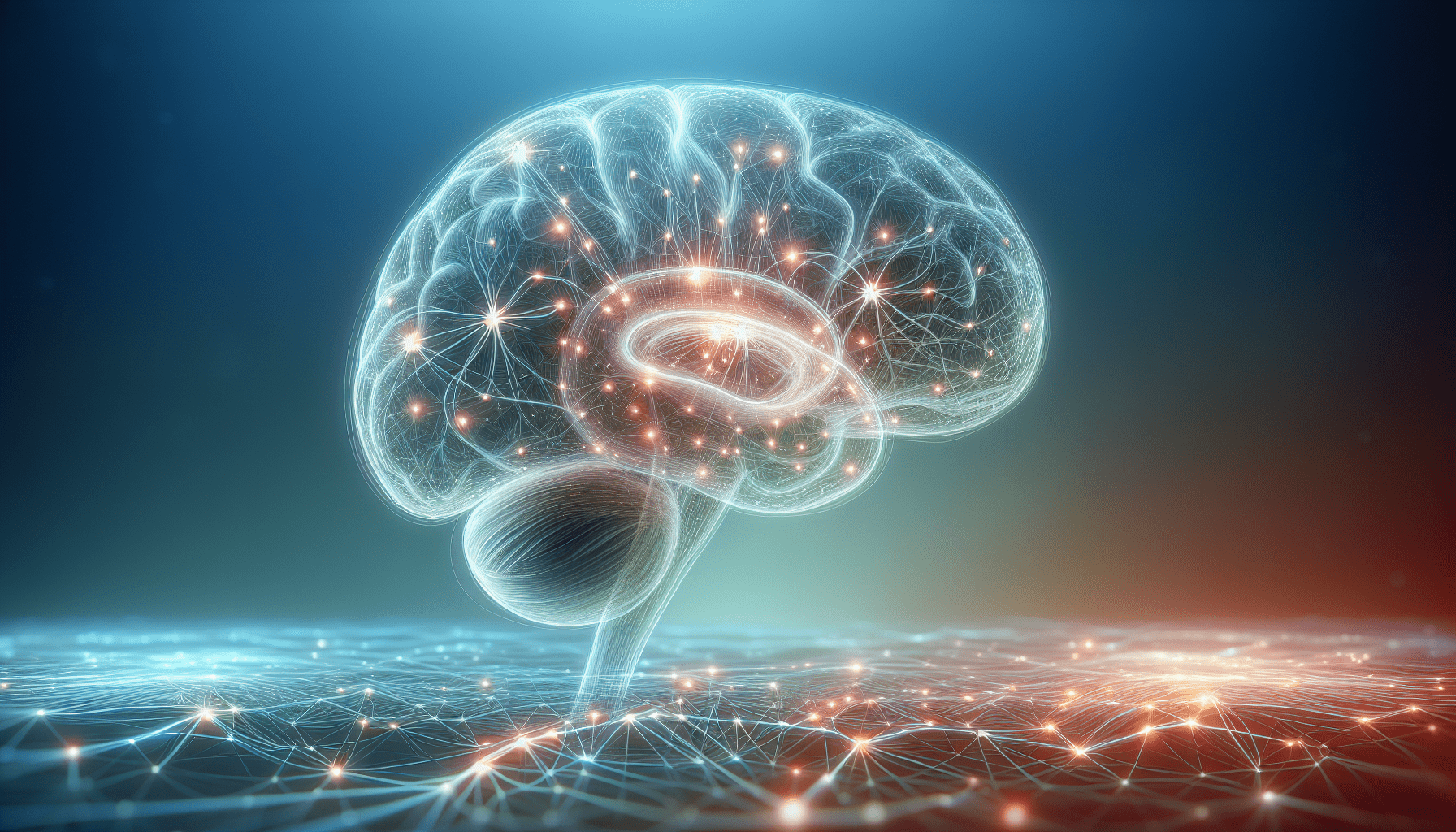Have you ever found yourself pausing mid-conversation, struggling to remember a simple word or a familiar face? As we age, memory lapses can become more common and concerning. The natural process of aging affects our brain's ability to store and recall information, leading many to seek treatments for age-related memory loss. But which treatments are proved effective, and which ones fail to deliver on their promises?
Understanding Age-Related Memory Loss
Before diving into proven treatments, it's essential to grasp what age-related memory loss is. As individuals age, their cognitive functions, including memory, may not be as sharp as they once were. This can manifest as forgetfulness, difficulty remembering names or appointments, or even trouble learning new information. Though it can be alarming, mild forgetfulness is a normal part of aging.
Natural vs. Concerning Memory Loss
While mild memory loss is part of aging, it's crucial to differentiate it from conditions like dementia or Alzheimer's disease. The latter involves severe memory loss that impacts daily functioning and is not a typical aspect of aging. If memory issues are significantly interfering with life, it's vital to seek medical evaluation.
Proven Treatments for Age-Related Memory Loss
The search for effective treatments for memory loss with aging is a growing field of research, with several strategies showing promise. Here, you'll find treatments backed by scientific evidence and examinations of their efficacy.
Cognitive Training
Cognitive training involves structured activities designed to improve certain aspects of cognitive functioning, such as memory, attention, and problem-solving. Years of research suggest that cognitive exercises can enhance memory and brain function in older adults.
Studies have shown that engaging in activities like puzzles, memory games, and problem-solving tasks can improve cognitive functions. These benefits are often specific to the tasks practiced, but they can also transfer to other cognitive abilities. Structured programs or apps that guide such exercises can be convenient and effective.
Physical Exercise
Physical activity is not just essential for the body but also for the brain. Exercise increases blood flow to the brain, promoting neuronal growth and overall brain health. Multiple studies indicate that regular, moderate physical exercise can improve memory and cognitive functions in older adults. Activities such as brisk walking, swimming, or engaging in strength-training exercises have been associated with reduced risk of cognitive decline.
Diet and Nutrition
You are what you eat, and this adage holds especially true for brain health. Nutrition plays a significant role in maintaining cognitive functions. Diets rich in antioxidants, good fats, vitamins, and minerals provide the brain with the necessary tools to function optimally.
-
Mediterranean Diet: This diet, which emphasizes fruits, vegetables, whole grains, nuts, and olive oil, has been linked with better cognitive function and a lower risk of dementia. Wine in moderation and seafood are also staples.
-
Omega-3 Fatty Acids: Found in fish like salmon and mackerel, omega-3s are critical for cognitive health. They help reduce inflammation and have been associated with slower cognitive decline.
Social Engagement
Staying socially active can keep the mind sharp and can even help stave off age-related cognitive decline. Engaging in social activities can stimulate cognitive functioning and has been shown to lower the risk of memory loss in older adults. Whether it's through volunteering, group classes, or regular meetings with friends, staying connected can offer mental stimulation and stress relief.
Sleep Hygiene
Quality sleep is paramount for memory consolidation and overall cognitive function. As sleep patterns may change with age, maintaining good sleep hygiene, such as having a regular sleep schedule or creating a restful environment, can support memory health. Research indicates that sufficient, uninterrupted sleep helps solidify memories and enhances learning capabilities.

Therapies and Medications
For some individuals, lifestyle changes may not be enough, and therapies or medications may be necessary.
Cholinesterase Inhibitors
These medications, such as donepezil, are primarily used to manage symptoms in those with Alzheimer's but have been found to improve memory in older adults with mild cognitive impairment. They work by boosting levels of a chemical messenger involved in memory and judgment.
Memantine
Memantine is another drug used for Alzheimer's that may help with moderate to severe memory issues. It helps regulate the activity of glutamate, a neurotransmitter involved in learning and memory.
Hormone Therapy
The relationship between hormones and memory is complex. Some studies have explored the potential of hormone replacement therapy (HRT) to improve memory in postmenopausal women. While there is some evidence to suggest that HRT might have benefits, results are mixed, and risks can outweigh the benefits for some women.
What Doesn't Work
With numerous treatments available, some are less effective or even harmful. It's important to approach treatments critically, especially those with conflicting evidence or little scientific backing.
Supplements
The market is flooded with supplements claiming to boost memory, including ginkgo biloba and vitamin E. However, rigorous studies provide little evidence supporting their effectiveness for improving memory in aging adults. Consulting with a healthcare provider before starting supplements is prudent, as they can interact with other medications and may not be suitable for everyone.
Brain Enhancing Drugs
Off-label use of prescription drugs intended for attention disorders, like Ritalin, in healthy adults is not recommended for memory enhancement. The potential for adverse side effects and ethical implications often outweigh any possible short-term benefits.

Conclusion
In the quest to combat age-related memory loss, several approaches show proven benefits, from lifestyle modification to medical interventions. Cognitive training, physical exercise, maintaining a healthy diet, staying socially and mentally active, practicing good sleep hygiene, and involving medical treatments when necessary can help maintain memory function as you age. Nevertheless, the efficacy and safety of each treatment can vary from person to person. Consulting a healthcare professional is crucial for tailoring the most appropriate approach for individual needs.
As research continues to evolve, it's vital to remain informed about developments in the field of memory and cognitive health. While the natural aging process is unavoidable, adopting proven strategies can help maintain cognitive health and improve the quality of life.
